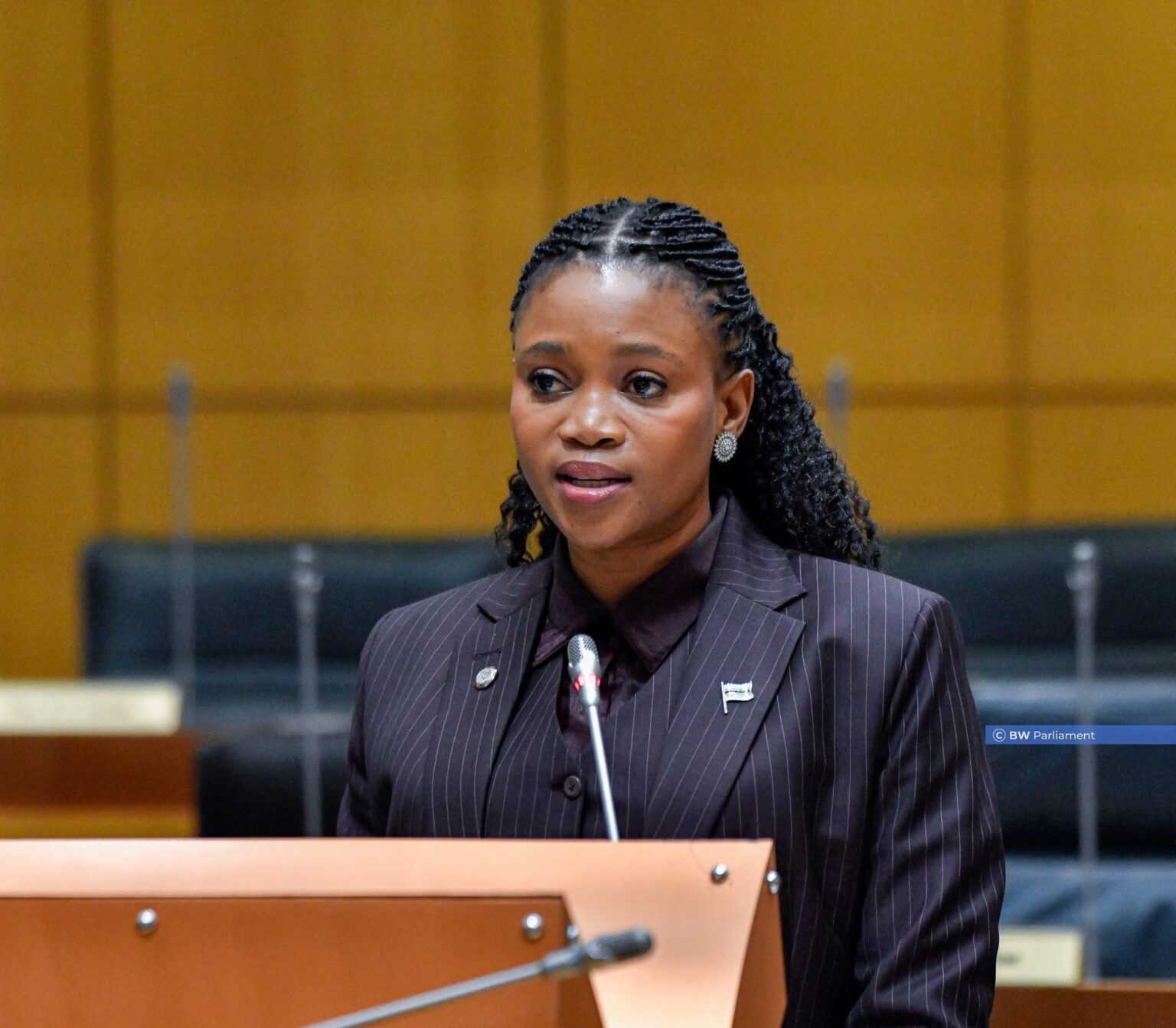In a move to address the growing energy demands and improve the country’s power supply, the Government of Botswana is set to renegotiate its Power Purchase Agreement (PPA) with South Africa. Minister of Minerals and Energy, Bogolo Kenewendo, announced that discussions would begin this Thursday, aiming to secure better terms that would help alleviate the financial strain on Botswana’s energy sector.
The renegotiation of the PPA comes at a crucial time, as Botswana seeks to improve its energy situation by lowering the cost of electricity imports from South Africa. This new agreement is seen as a step towards achieving a more sustainable and affordable power supply, which is critical for both the economy and the daily lives of the citizens.
Improving Botswana’s Power Supply
Minister Kenewendo highlighted that one of the main objectives of the renegotiation is to reduce the cost of power imports. Given that Botswana relies heavily on electricity from neighboring countries, including South Africa, the current rates have placed a significant burden on the national budget and consumers. With increasing energy demand and limited local generation capacity, securing lower rates is a vital step towards managing the growing energy needs without straining the country’s financial resources.
“We are committed to improving our energy situation by renegotiating the Power Purchase Agreement with South Africa to achieve lower rates. This will allow us to better manage costs and ensure the affordability of electricity for households and businesses across Botswana,” Kenewendo stated.
Aiming for Stable and Consistent Power Supply
The renegotiation also aims to ensure a consistent and stable supply of electricity through imports, particularly in the short to medium term. Botswana has faced frequent power outages and supply disruptions in recent years, leading to frustration and loss of productivity in various sectors of the economy. These interruptions have affected both large industries and ordinary citizens, highlighting the need for a more reliable energy source.
By negotiating a new agreement with South Africa, the government is looking to secure a more dependable power supply while the country continues to work on enhancing its domestic energy capacity. While long-term solutions such as developing renewable energy and expanding local generation are being pursued, the short-term reliance on imports is essential for maintaining the country’s energy security.
“We are actively working towards diversifying our energy sources and improving local generation, but in the meantime, it is crucial that we have a stable and affordable import arrangement. This renegotiation will help us achieve that goal,” Kenewendo emphasized.
Economic Implications of the Power Purchase Agreement
The economic impact of the power purchase agreement is significant, as energy costs directly affect businesses, industries, and consumers. High electricity tariffs have the potential to stifle economic growth, particularly for small and medium-sized enterprises (SMEs) that are already struggling with high operational costs. By lowering the cost of power imports, Botswana can ease the financial burden on businesses, making it easier for them to remain competitive and sustainable.
Additionally, affordable and stable electricity is essential for attracting foreign investment. Investors are often cautious when entering markets where energy reliability is uncertain or costly. Therefore, securing favorable power rates will not only benefit domestic consumers but also position Botswana as a more attractive destination for foreign businesses and investments.
Ensuring Energy Sustainability for the Future
While renegotiating the power purchase agreement is a critical step in the short term, the government is also committed to ensuring long-term energy sustainability. Botswana has been exploring alternative energy sources, including solar, wind, and coal, to reduce its dependence on imports. The government is working to increase the country’s energy independence through investments in renewable energy projects and improving the efficiency of domestic power plants.
By combining efforts to renegotiate better terms with South Africa and investing in long-term energy solutions, Botswana aims to build a more resilient and sustainable energy infrastructure that can support the country’s growing economy and population.
Botswana’s decision to renegotiate its Power Purchase Agreement with South Africa is a timely and strategic move to improve the country’s power supply and manage energy costs. Through this renegotiation, the government aims to ensure a more affordable, stable, and consistent electricity supply for its citizens and businesses. While the focus is on short- to medium-term solutions, this step is also part of a broader plan to diversify energy sources and achieve long-term sustainability. With a more favorable agreement in place, Botswana can continue its growth trajectory while working towards greater energy security and independence.










